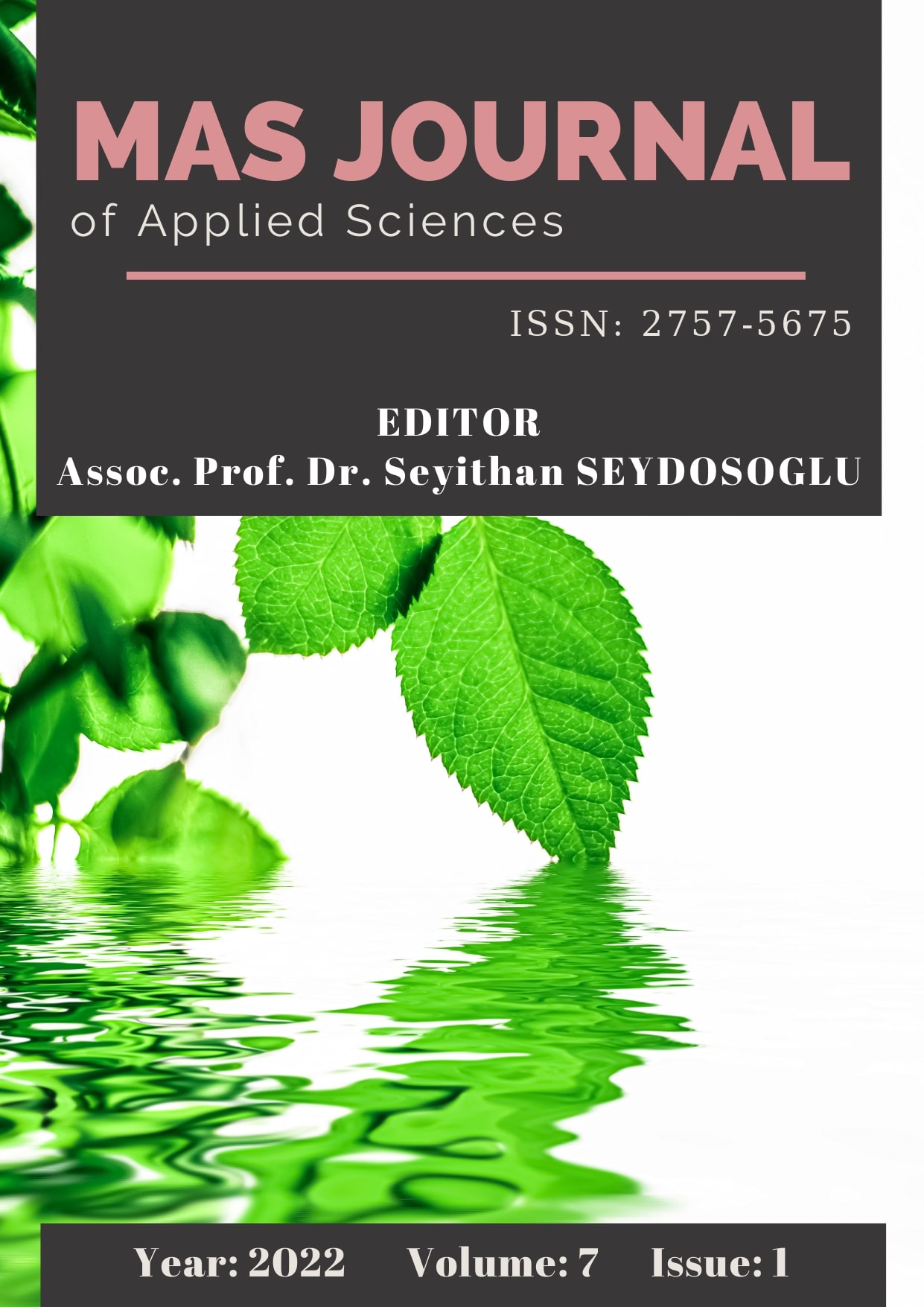Effects of Vermicompost Applications on Some Yield and Yield Properties of Wheat
DOI:
https://doi.org/10.52520/masjaps.213Keywords:
bread wheat, variety, vermicompost, yieldAbstract
In this study, it was aimed to determine the effect of different vermicompost applications on some yield components in bread wheat under Mardin conditions. The trial was established in 2017-18 in dry conditions, using two bread wheat varieties and four different vermicompost treatments in three repetitions according to the factorial experimental design in randomized blocks. According to the data obtained at the end of the experiment, the observed parameters were determined as respectively, the number of days of spiking (111.0 - 114.3 days), plant height (82.6 - 100.6 cm), plant spike length (7.2 - 10.3 cm), grain number per spike (29.8 - 55.9 pieces/spike), chlorophylls number (46.2 - 50.5 cci), vegetation temperature (21.8 - 22.6 °C), leaf area index (0.70 - 0.78 LAI), grain yield (4355.3 - 5360.7 kg ha-1 ) and crude protein (11.4 - 12.9%). As a result of the research, it has been determined that vermicompost applied in increasing amounts in all the properties studied except for vegetation temperature caused a significant increase. As a conclusion, vermicompost can be said to be a good organic fertilizer in cereal cultivation due to its environmentally friendly, soil-improving effect and sufficient and balanced plant nutrients in its structure.
Downloads
Published
How to Cite
Issue
Section
License
Copyright (c) 2022 The copyright of the published article belongs to its author.

This work is licensed under a Creative Commons Attribution-NonCommercial 4.0 International License.


